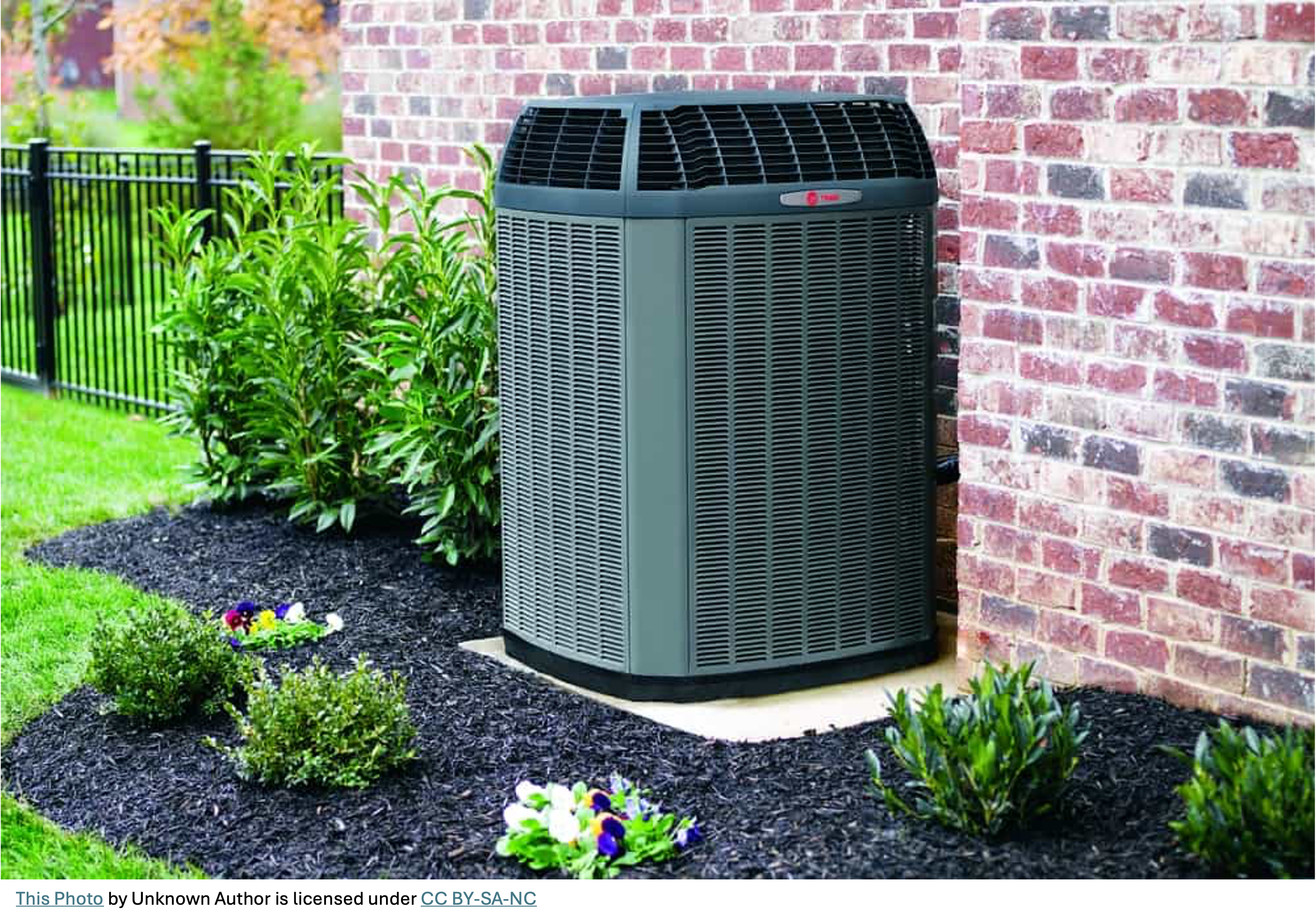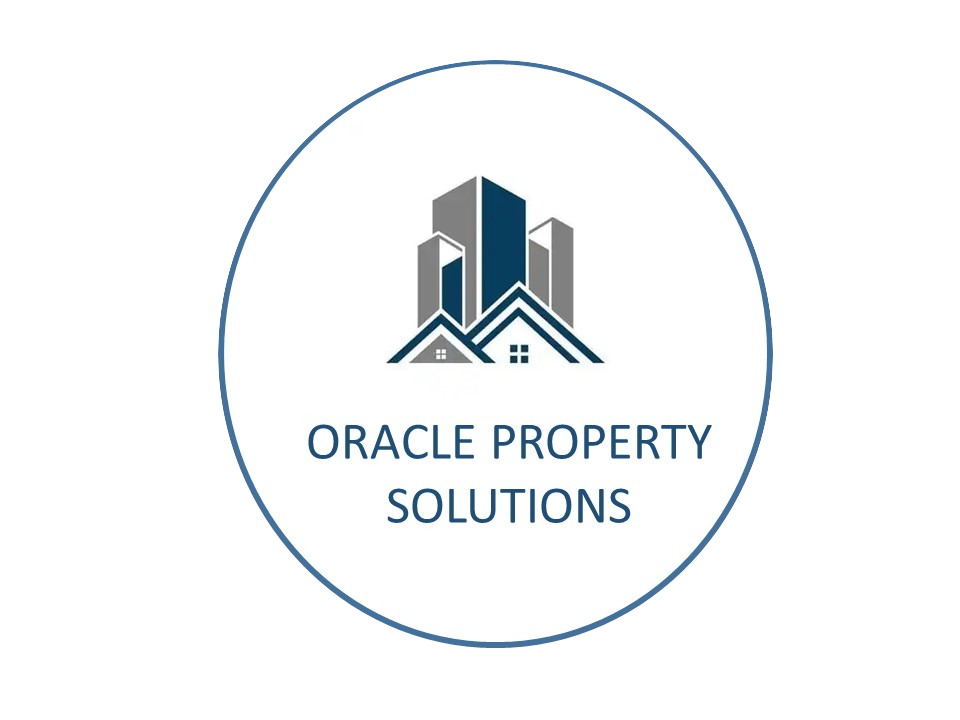When it comes to your investment property, unexpected costs are never welcome—especially when they involve major systems like heating, air conditioning, or hot water. That’s why Oracle Property Solutions is committed to keeping you informed about the latest legislation and how it may affect your bottom line.
Significant federal changes in HVAC and water heater efficiency standards have been in place since 2015. These updates impact not just which systems can be installed, but also cost, compatibility, and long-term planning for your property. Here's what you need to know.
❄️ Air Conditioners & Heat Pumps: Understanding the 14 SEER Standard
Since January 1, 2015, the U.S. Department of Energy (DOE) has mandated updated energy efficiency standards for HVAC systems. These changes are part of a nationwide effort to reduce energy consumption and lower carbon footprints.
🔍 Key HVAC Regulation Changes:
The minimum standard rose from 13 SEER to 14 SEER (Seasonal Energy Efficiency Ratio) for most regions in the U.S.
Heat pumps now require an HSPF (Heating Seasonal Performance Factor) of 8.2 or higher nationwide.
All HVAC systems must meet an aggregate rating of energy-efficient components—not just a single-point rating.
Manufacturers have discontinued production of 13 SEER equipment, and remaining inventory is rapidly diminishing.
Systems that use R-22 refrigerant (older units) are being phased out and replaced with R-410A systems—often requiring a full system retrofit, including a new evaporator coil.
These upgrades result in better energy efficiency and long-term savings for tenants, but they do come with higher upfront costs and system compatibility challenges.
🚿 Water Heater Changes: Bigger Systems, Higher Standards
On April 16, 2015, new federal regulations also changed the way residential water heaters are manufactured and installed. These standards apply to electric, oil, gas, and tankless gas water heaters.
⚠️ Key Water Heater Regulation Changes:
All models must meet higher Energy Factor (EF) ratings.
Water heaters between 20–55 gallons are now 2" taller and 2" wider—which may impact installation space.
Water heaters over 55 gallons must now follow new designs:
Gas models must be condensing-type units
Electric models must be hybrid electric heat pump systems
No waivers or exemptions are available for residential units.
Regulations are governed under 10 CFR 430.32(d) in the Code of Federal Regulations.
If your current system needs to be replaced, a simple swap may no longer be possible—especially if space, energy source, or budget is a concern.
🧾 What This Means for You as a Property Owner
If your rental property requires a new HVAC system or water heater, the replacement will need to comply with current federal energy regulations. This may increase installation costs or require adjustments to existing infrastructure.
At Oracle, we take care of:
Coordinating licensed HVAC and plumbing contractors
Obtaining code-compliant systems and permits
Notifying you immediately with all costs, quotes, and options
Ensuring compliance to avoid fines or legal risks
Preserving the value and safety of your investment property
💡 Proactive Planning Reduces Risk
While these changes aren’t new, their impact continues—especially as older systems age out or fail unexpectedly. With manufacturers no longer producing non-compliant systems, the availability of replacement parts and compatible models is increasingly limited.
This is a great time to:
Evaluate the age and efficiency of your property’s systems
Build or maintain a reserve fund for future replacements
Consider proactive upgrades to reduce emergency expenses
📞 Stay Ahead of the Curve with Oracle
At Oracle Property Solutions, we’re more than just managers—we’re partners in protecting your investment. Keeping you updated on legislative changes, mechanical upgrades, and compliance issues helps you avoid surprises and keep your rental business running smoothly.
If your property requires a new HVAC unit, heat pump, or water heater, we’ll handle the process transparently, keeping you informed every step of the way.
Have questions about your property’s systems or replacement timeline?
Contact our team to schedule a systems assessment and plan ahead with confidence.


